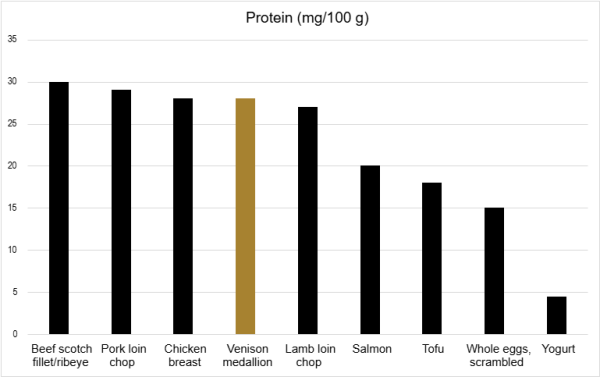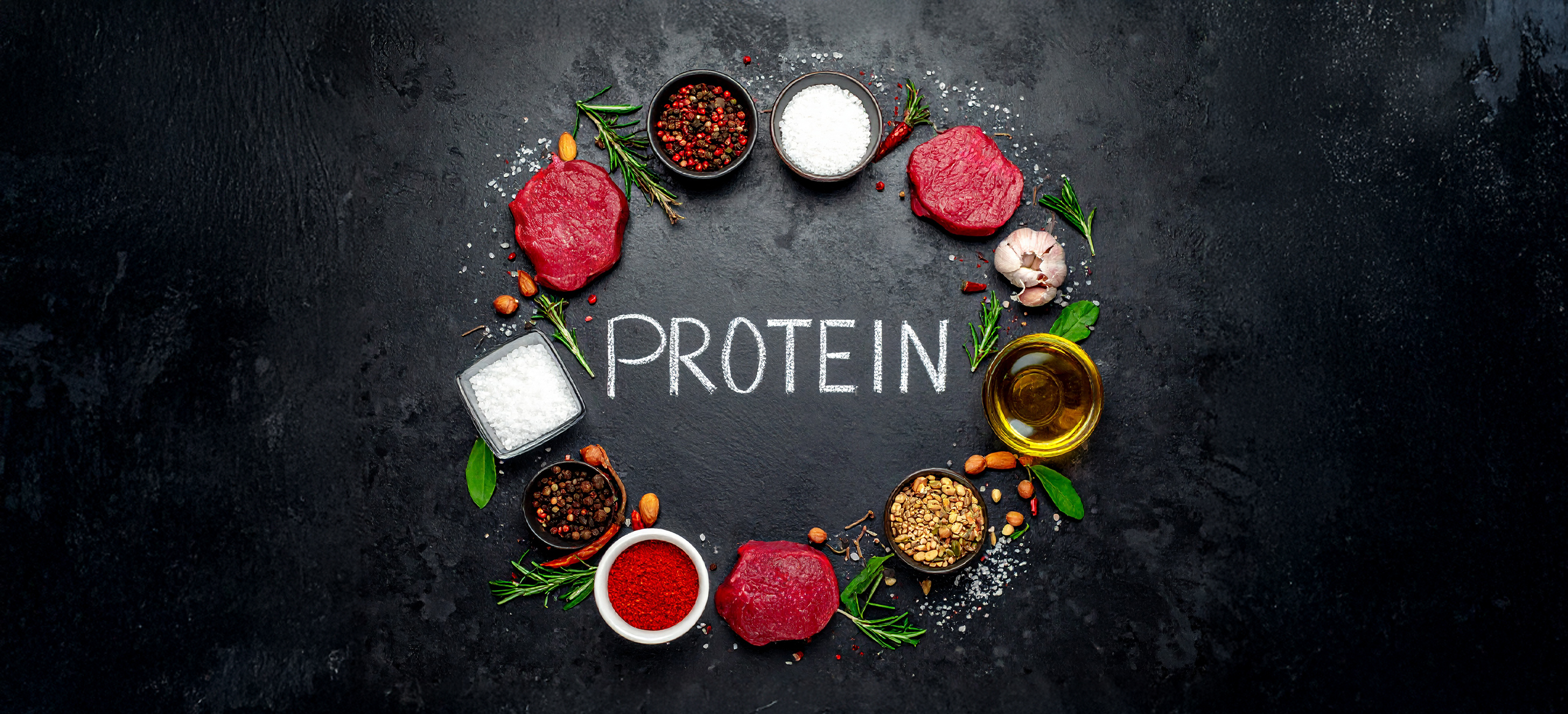Protein: The Foundation of a Healthy Human Diet
Protein is one of the most important nutrients in the human diet — a cornerstone of good health that supports everything from muscle strength and metabolism to immune defense and hormone regulation. Every cell in your body relies on protein to function, and maintaining an adequate intake is vital at every stage of life.
While protein is found in many foods, from legumes to dairy, red meat remains one of the most complete and bioavailable sources available. It delivers not only a rich supply of amino acids — the building blocks of life — but also a highly digestible form of protein that efficiently supports growth, repair, and performance.
The Essential Role of Protein
Protein is made up of chains of amino acids that perform critical roles throughout the body. Of the 20 amino acids used by humans, nine are “essential,” meaning they must come from food since the body cannot produce them. These amino acids are required for building muscle, producing enzymes and hormones, supporting immune function, and maintaining the structure of skin, bones, and connective tissue.
Beyond its structural role, protein provides energy, contributes to tissue repair after exercise or injury, and is key to maintaining a healthy metabolism. It’s particularly vital for growing children, active adults, and older individuals, who require enough protein to preserve lean muscle mass and functional strength as they age.
Red Meat: The Gold Standard of Protein Quality
When it comes to protein, quality matters. Not all protein sources provide the same balance or bioavailability of amino acids. Red meats such as venison are considered complete proteins — they contain all nine essential amino acids in optimal proportions for human health.
This is where red meat stands out compared to many plant-based proteins, which often lack one or more essential amino acids and require careful food combining to achieve balance. The protein in red meat is also highly digestible and efficiently used by the body, making it one of the most effective sources for supporting muscle maintenance and repair.
Athletes and physically active people, in particular, benefit from the high biological value of red meat protein, which provides the full range of amino acids necessary for muscle protein synthesis — the process by which the body repairs and builds new muscle tissue after exercise.

Source: The New Zealand Food Composition Database.
Protein’s Role in Muscle, Recovery, and Metabolism
Protein isn’t just about building muscle; it’s about keeping the entire body functioning optimally. One of protein’s most important jobs is promoting muscle recovery and maintenance. After exercise or physical activity, muscles experience small tears that need to be repaired. Consuming high-quality protein — especially from red meat — provides the amino acids necessary for that repair process, helping muscles recover faster and grow stronger.
Protein also has a powerful effect on metabolism. It takes more energy to digest protein than carbohydrates or fats, which means it contributes to a higher thermic effect of food — the amount of energy burned during digestion. This can slightly boost calorie expenditure and help maintain a healthy body composition.
Another key benefit of protein is its role in satiety — the feeling of fullness after eating. Protein slows digestion and helps regulate hunger hormones, leading to improved appetite control. Including lean red meat in meals can help people feel satisfied longer, reducing the likelihood of overeating or snacking on less nutritious foods.
Protein Across Life Stages
Protein needs vary depending on age, activity level, and health status, but one thing remains constant — adequate protein is essential for maintaining quality of life.
- Children and teenagers need protein to support growth, tissue development, and healthy cognitive function.
- Adults require it to sustain muscle mass, energy levels, and repair processes after exercise or physical stress.
- Older adults often need more protein than they think to combat age-related muscle loss, known as sarcopenia. Including lean red meat regularly in the diet helps preserve muscle strength, mobility, and independence as we age.
Even small, consistent portions of high-quality protein from red meat can make a measurable difference over time, helping maintain muscle and metabolic health.
A Balanced Approach to Red Meat and Protein
While red meat offers an outstanding protein profile, variety remains important. Combining lean red meat with other protein sources — such as fish, poultry, eggs, dairy, or plant-based options — ensures a well-rounded diet that supports long-term health.
Choosing lean cuts and moderate serving sizes (around 100–150 grams cooked weight, three to four times per week) aligns with most healthy eating guidelines. Venison provides high-quality protein without excessive saturated fat, making them a smart and satisfying choice.
In Summary
Protein is the foundation of human health — essential for growth, repair, and vitality at every stage of life. Red meat remains one of the most complete, digestible, and efficient sources of protein available, supporting muscle maintenance, recovery, and metabolic balance. When enjoyed in moderation and balanced with other nutritious foods, lean red meat provides the high-quality protein your body needs to stay strong, active, and resilient.

